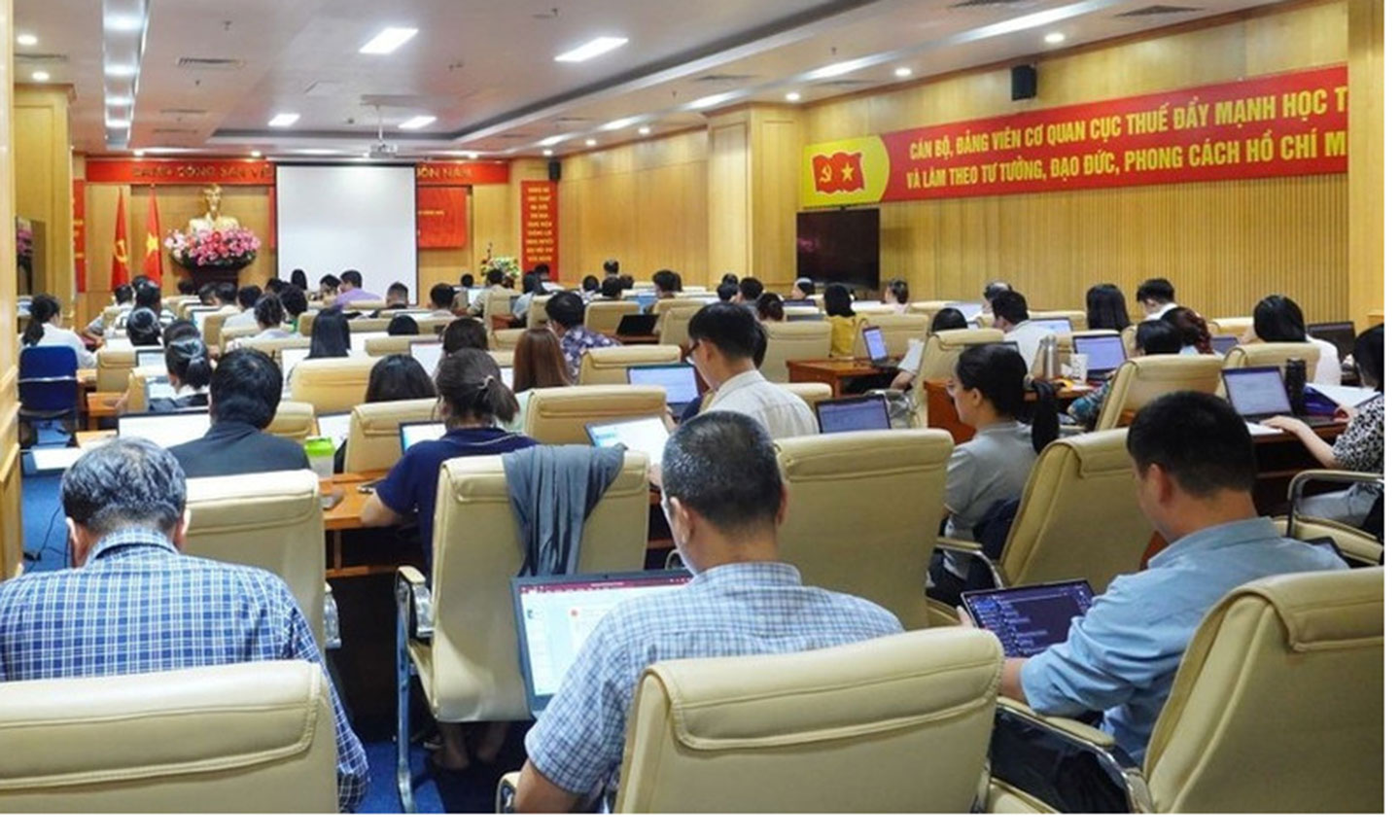Tax system updated to two-tier model, using personal ID instead of tax code
ABO/NDO- From July 1st, 2025, the tax sector has operated under a two-tier local administration model (provincial–communal) and apply personal identification numbers (PINs) instead of tax codes. These are two major pillars of reform in the process of building an e-Government and a national digital finance system.
FPT Corporation collaborated with the Department of Technology, Digital Transformation and Automation – General Department of Taxation to urgently complete the migration of data and core information technology (IT) systems.
Accordingly, the use of personal identification numbers instead of tax codes is a breakthrough in administrative reform and modern tax management. Tax data is directly connected with the national population database, helping to reduce fraud, simplify procedures, and lay the foundation for building a transparent and efficient public finance system.
 |
| FPT Corporation collaborate with the Department of Technology, Digital Transformation and Automation – General Department of Taxation to urgently complete the migration of data and core information technology systems. |
The new model involves a complete restructuring of the organizational apparatus, adjustments to IT applications, and particularly, changes in tax management authority in response to changes at the commune and ward levels.
To implement these tasks, FPT has worked alongside the Department of Technology, Digital Transformation and Automation to upgrade a series of key information technology systems. At the same time, FPT has directly supported tax authorities at all levels in reviewing and migrating data, using tax sector applications, and assisting with the IT infrastructure of the tax sector.
The simultaneous implementation of the two-tier local government model and the use of personal identification numbers to replace tax codes marks a significant turning point in the modernization of the tax sector.
This is not merely a technical or organizational shift, but a comprehensive transformation in management thinking – towards a streamlined, effective and efficient tax system that is data-driven and both citizen and enterprise-centered. This milestone also contributes to realizing the goal of building a modern public administration, a national digital finance system, and a transparent and synchronized public governance framework across the country.
(Source: NDO)
 về đầu trang
về đầu trang







